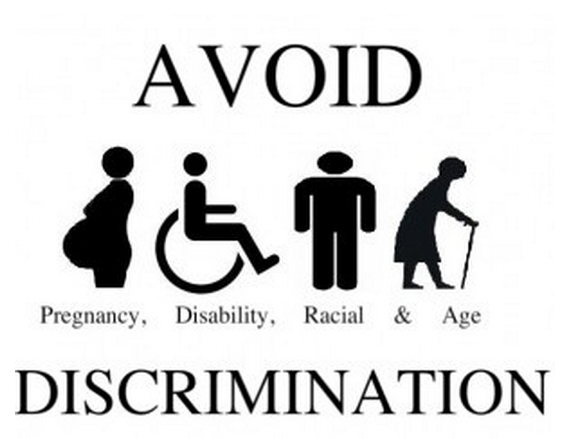The goal of the recruitment process is to find the best person for the job. It is doubtful that anyone will disagree with this statement. The disagreement comes in the definition of “the best person.” Is this the best man? Or the best woman? Or the best young person? Or the best ethnic minority or… well you get the idea. Most larger organizations have someone in the human resources function that understands that there is a legal foundation in the hiring process that must be paid heed. This legal foundation is almost global in its application. Unfortunately many businesses don’t have an understanding of this foundation.
U.S. legal foundation
In the United States there are a number of laws that govern the recruitment and hiring process. Foremost among these is the Title VII of the U.S. Civil Rights Act of 1964. This law laid the foundation of antidiscrimination law that has been expanded on in the following half-century. It says you cannot discriminate against a candidate or employee on the basis of their race, color, religion, gender, national origin, age, disability, pregnancy, or genetic make-up.
 Additionally, if you are a contractor with the U.S. government you must also pay attention to veteran status. Under Federal law, sexual orientation is not a protected class but many states do define sexual orientation as a protected class in employment discrimination. That is an important distinction to understand. When hiring an individual in the U.S. it is important to not only know the federal laws but also the laws of the particular states in which you are hiring and in some cases even smaller jurisdictions, such as cities. California is well known for having employment laws that are more restrictive than other states.
Additionally, if you are a contractor with the U.S. government you must also pay attention to veteran status. Under Federal law, sexual orientation is not a protected class but many states do define sexual orientation as a protected class in employment discrimination. That is an important distinction to understand. When hiring an individual in the U.S. it is important to not only know the federal laws but also the laws of the particular states in which you are hiring and in some cases even smaller jurisdictions, such as cities. California is well known for having employment laws that are more restrictive than other states.
Other U.S. laws
It is not just Equal Employment Opportunity laws that govern the employment process. There are several other laws or regulations wrapped around the hiring process. These include:
- The Immigration Reform and Control Act of 1986 that makes it illegal to hire workers that do not have the legal right to work in the U.S. This law requires that an employee produce the proper documentation no later than the end of the third day of their employment. If they do not the employer is required to terminate them.
- The Fair Credit Reporting Act covers the employment background checking process. If an employer uses a third party to check an applicant’s background the applicant has to be informed, provide consent and made aware of the results if those results form the basis for an adverse decision.
- The National Labor Relations Act makes it illegal to discriminate against someone on the basis of the involvement with a labor union.
- The Uniform Guidelines on Employee Selection Procedures defines process for uncovering adverse discrimination that is generally unintentional and may be unknown until applying the “four-fifths” analysis.
As you can see the process of hiring someone in the U.S. is not just a simple matter saying, “Wow, they fit what we need, lets hire them.”
The Compliance Lesson
The lesson to be learned here is that hiring is not just a simple matter. Some study is important in the process before you begin. Understand the laws in the country or state in which you are doing your hiring. It may take you a bit longer to get started but the time spend will be well worth the effort in the avoidance of problems.
 Mike Haberman is the HR Compliance Guy. He is a HR consultant and Partner at OmegaHRSolutions. Photo Credit WearyWorker.
Mike Haberman is the HR Compliance Guy. He is a HR consultant and Partner at OmegaHRSolutions. Photo Credit WearyWorker.
SmartRecruiters is the Free Social Recruiting Platform that makes hiring easy.






